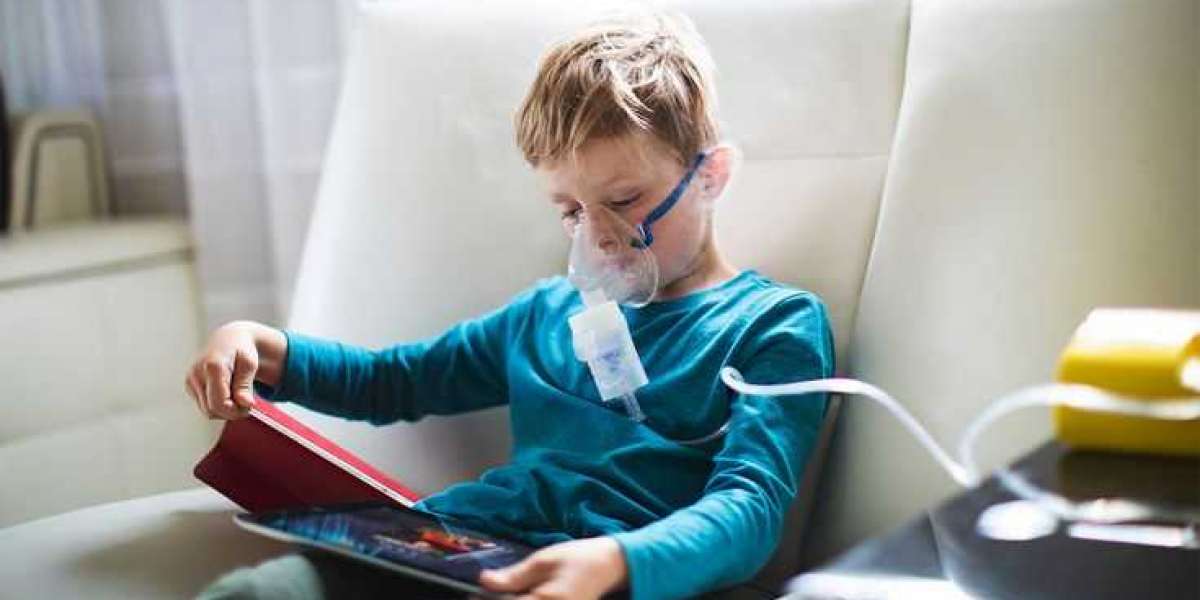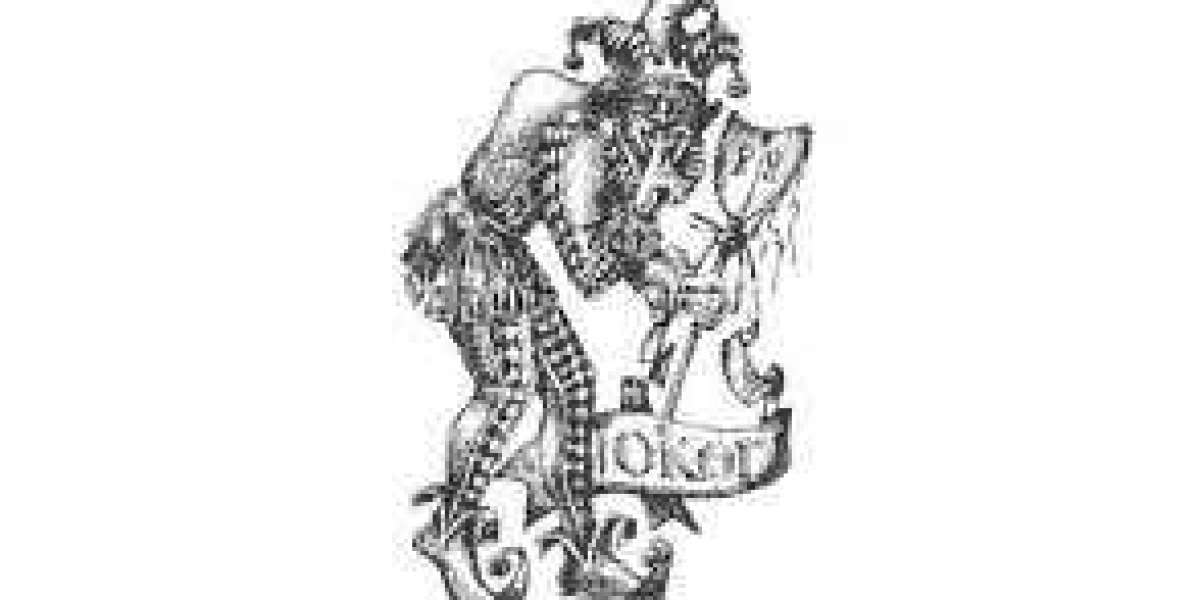Almost everyone loves winter, but for children with respiratory conditions. Did you know that children under five can't fight off viruses effectively? Yes, it is due to their developing immune systems at that time. Therefore, if not taken care of, dry air and colder temperatures can irritate the respiratory tract.
It is no surprise that healthcare professionals recommend carrying a nebuliser machine. Does your child have respiratory problems? Wondering how to take care of your child's respiratory condition during the winter months? Well, here is your ultimate guide.
4 Tools That Help Children Manage Respiratory Conditions
Since respiratory care plays a crucial role in children, managing their health is very important. To take proper care of it, here are some tools that make it easier:
Mechanical Ventilators
For children with respiratory conditions, mechanical ventilators are a great tool. There are 2 different types- invasive and noninvasive mechanical ventilation. The oxygen or air goes straight into the lungs by inserting the tube into the mouth or neck. They support people's breathing and give oxygen while preventing carbon dioxide from building up. Depending on how your child can breathe daily, you may need this tool for hours, days or even months.
Nebulisers
A nebuliser is another tool you can rely on for your child with respiratory issues. It is a small device that efficiently delivers medicines to the lungs in the form of mist. It transforms medicines into aerosol, tiny drug particles in the air, helping children breathe them into their lungs easily. However, remember, a nebuliser machine must be used by children only after doctors advise.
Pulse Oximeter
A pulse oximeter is a tool that measures both pulse and blood oxygen levels. It is a small, clip-like device and is attached to a body part, usually the finger. It is used in both inpatient and outpatient settings and determines both your heart rate and oxygen saturation levels. It helps identify if your child has a lung condition and oxygen levels over time.
Suction Devices
Besides nebulisers, another at-home device you can rely on is a suction device. They are best for managing excessive mucus, thereby enabling effective breathing. This device prevents airway obstruction and also helps in emergencies like unconsciousness. They ensure effective airflow and are great for young toddlers and babies who are unable to efficiently clear their airways, especially when they have respiratory illnesses.
Other Ways to Manage Respiratory Conditions in Children
In addition to relying on tools like nebulisers, there are also other ways you can manage respiratory conditions in children. These are:
Maintain Indoor Temperature
Maintaining a positive indoor atmosphere is crucial for children with respiratory conditions. You should keep the indoor air moist and use a humidifier to dry nasal passages. To lessen indoor air pollution, ventilate rooms daily.
Increase Nutrition
Offer a well-rounded diet full of nutritious grains, fruits, veggies, and proteins to your child. Boost their immune systems with foods high in zinc and vitamin C. Stop their intake of processed foods and sugary snacks.
Practice Good Hygiene
Teach your children to often wash their hands with soap for at least 20 seconds. To prevent the spread of germs, encourage kids to cover their mouths with their elbows when they sneeze or cough. Also, clean toys, doorknobs, and surfaces that are touched daily.
Dress Appropriately
Children with respiratory conditions must dress appropriately during the winter months. Keep your child with scarves, caps, and layers of clothing. To keep them from getting a cold, make sure their feet and chest are sufficiently covered.
Get Healthy Sleep
Did you know that sleep deprivation does impair respiratory health? Yes, it exacerbates asthma symptoms and other respiratory issues. Since breathing patterns are affected by sleep, it is important to make sure your child receives a quality amount of sleep.
Consistent Routine
Following a consistent schedule is essential, be it before bed or at another specified time. This helps kids with respiratory conditions anticipate what will happen next. For instance, a regular treatment with nebulisers can help patients feel more in control and less anxious.
Regular Checkups
As parents or caregivers, make sure you book appointments for routine checks. Keeping up with your child's doctor is a crucial approach to keep an eye on your child's respiratory health. This also ensures that your child will receive the appropriate medicines and changes will be made, if needed.
Keep Lungs and Immune System Healthy
At MedGuard, we are your best partners when it comes to taking care of your respiratory conditions. Regardless of your age, we have all the medical supplies you are looking for. From a nebuliser machine to a nasal cannula with tubing, we have a wide range of respiratory care devices. For more guidance or answers, you can contact us anytime without any hesitation.
Read More: Which Medical Device Helps People With Respiratory Issues Breathe Easier?







